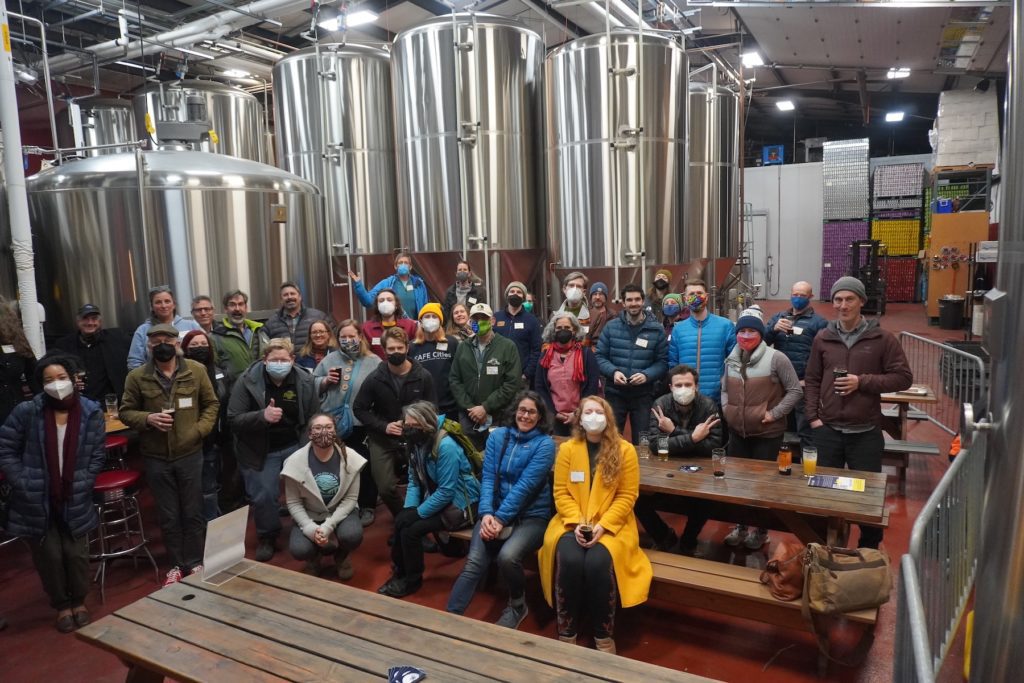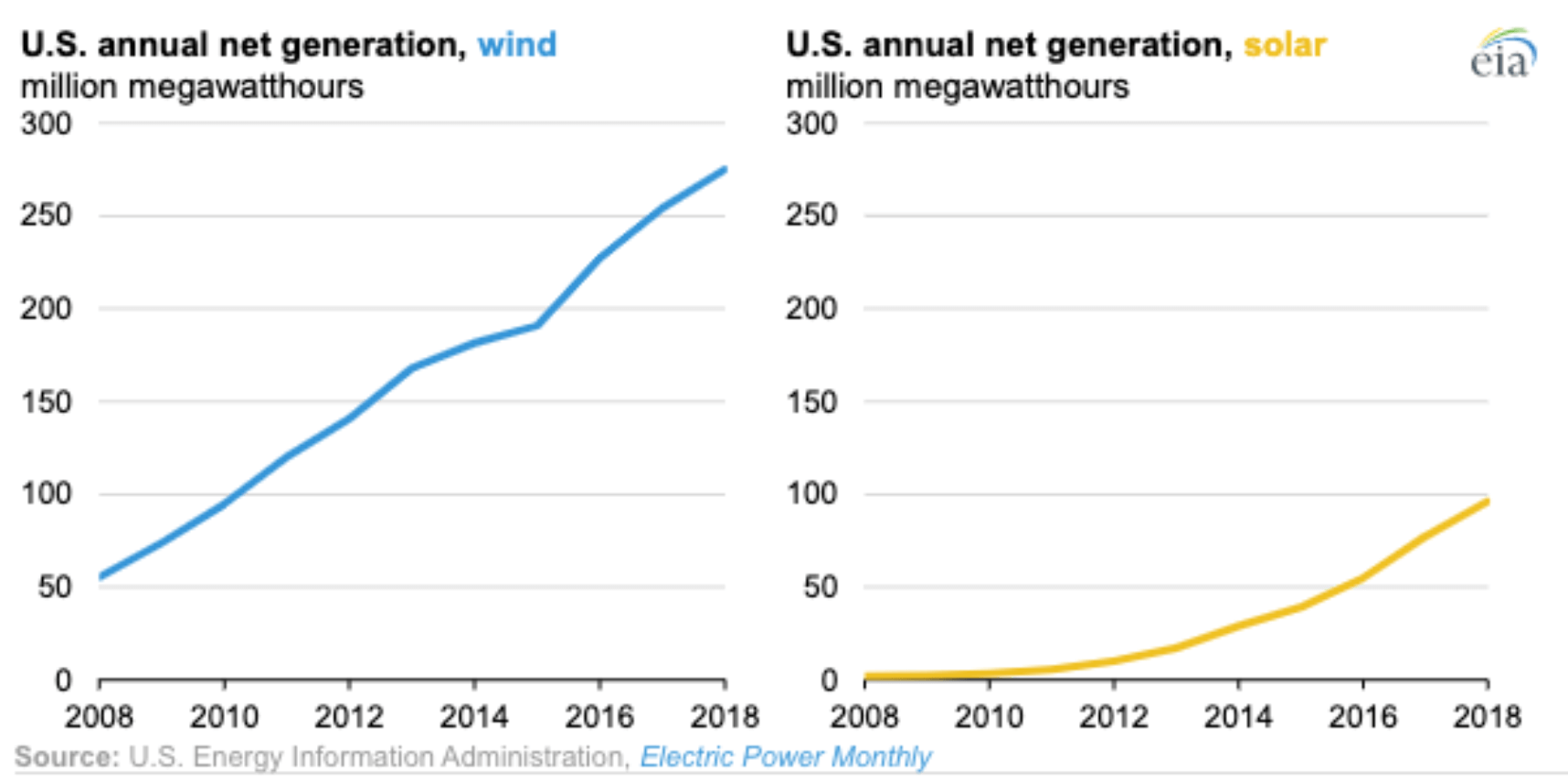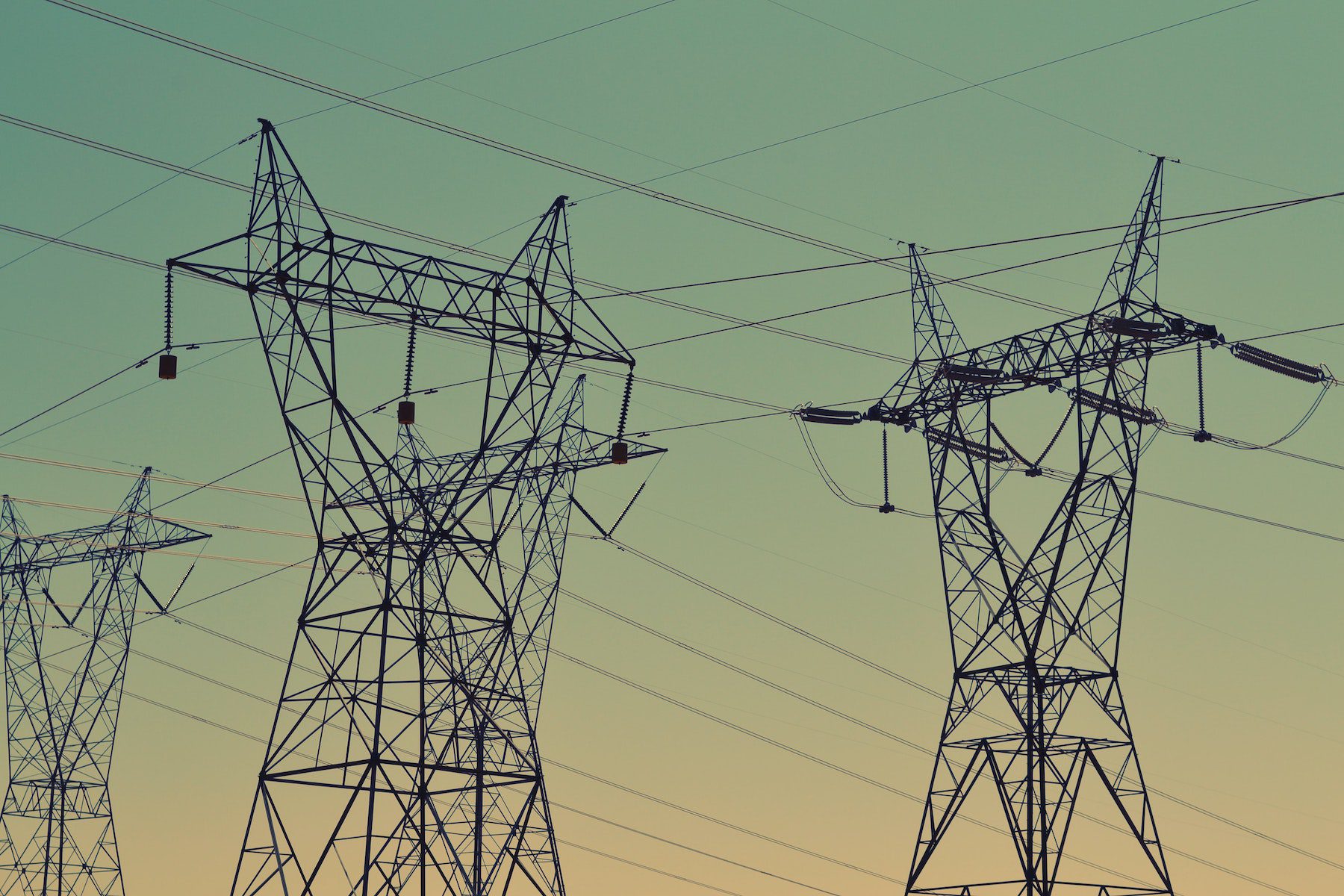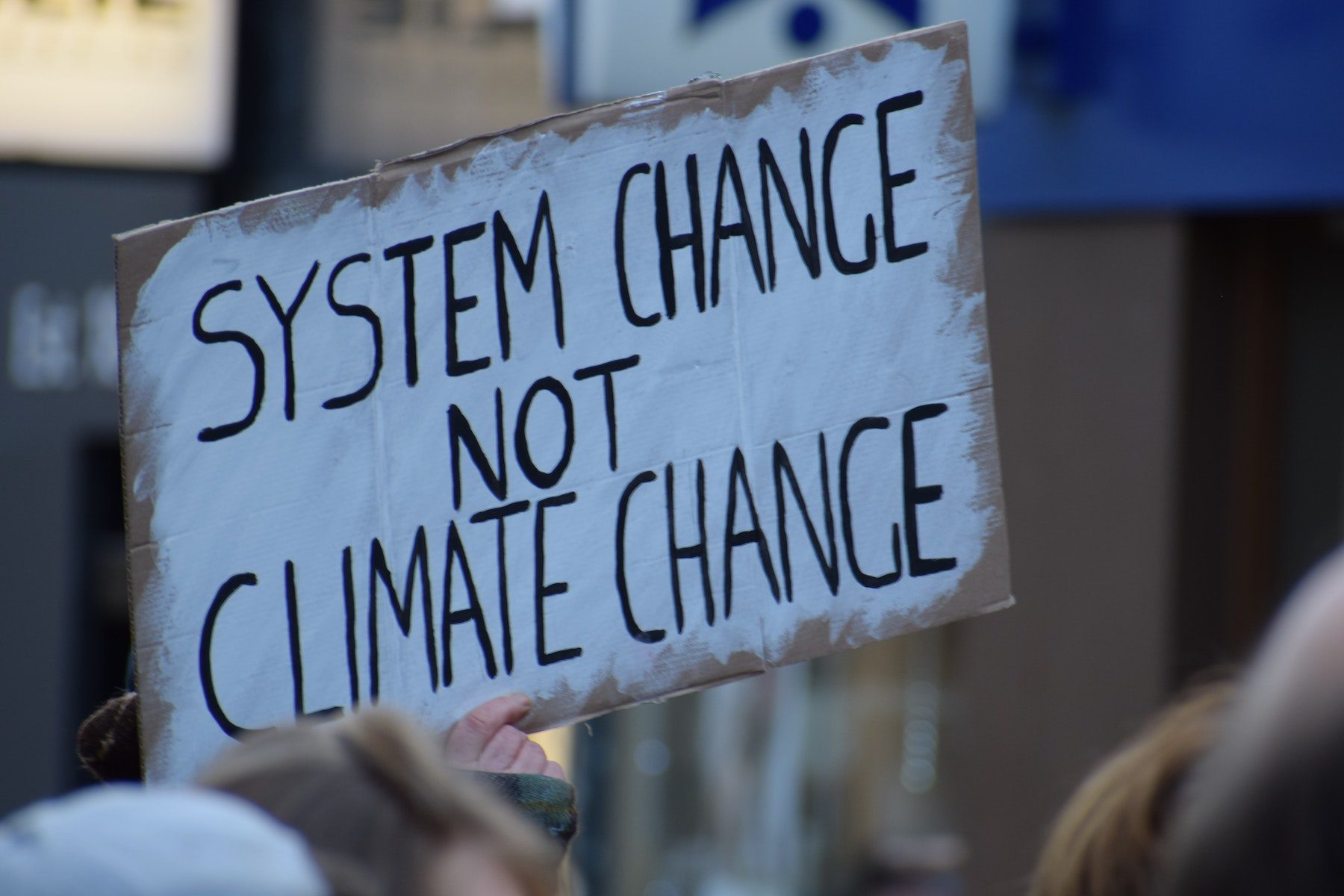TAKE THE 100% NORTHWEST PLEDGE!
I pledge to help move Northwest Washington to 100% clean energy by 2030. I will do this by urging my local, state, and federal elected officials to champion an equitable transition to clean energy and hold them accountable for their decisions, actions, or inactions. I will also advocate for actions that allow all Northwesterners to affordably power their homes, vehicles, businesses, and communities with clean energy.
Why join 100% Northwest?
The stakes could not be higher
Recent IPCC reports have made it abundantly clear that greenhouse gas emissions from burning fossil fuels have put the world at immediate risk from climate change. The window of opportunity for humanity to prevent catastrophic warming is small and shrinking by the day. Our only viable way to ensure a livable future is to stop adding emissions to the atmosphere by 2050 through a rapid transition off of fossil fuels and onto clean energy. The IPCC states CO2 emissions would need to fall by about 45 percent from 2010 levels by 2030 to reach ‘net zero’ around 2050.
The State of Washington recognized this imperative when it enacted the Clean Energy Transformation Act (CETA) in 2019, requiring utilities to eliminate coal power by 2025, become carbon neutral by 2030, and phase out gas-fired power generation from our electric grid entirely by 2045. The City of Bellingham has committed to 100% renewable energy by 2030. While 70% of people in our region are worried about global warming, far fewer see a clear path to reaching these climate goals.
At RE Sources, we know Northwest Washington can’t solve climate change alone, but that’s not an excuse to sit by. It’s also not in our nature. We’re a region of doers, innovators and leaders. We have an opportunity to serve as a model for other parts of the country by taking bold action toward these goals, we just need to illuminate the path forward.
Our Solution
For years, RE Sources and its supporters have pushed for ambitious clean energy policy and climate action planning at the local, regional and state levels. This year, we’re building on these successes and jumpstarting clean energy adoption in our region with the 100% Northwest campaign. Our goal is to transition Northwest Washington to a 100% clean energy economy by 2030 by advocating for smart policies, informing residents about practical clean energy solutions, and widening community outreach. 100% Northwest will address three pillars of the clean energy transition:
1) Build Clean Energy
Buildings are the fastest-growing source of climate-heating emissions in the state thanks largely to gas appliances. The good news is, we can drastically reduce climate pollution from the built environment by making buildings more efficient and by replacing gas appliances with electric appliances such as heat pumps, electric water heaters and induction stoves, a process known as building electrification.
In February 2022, the City of Bellingham passed an ordinance requiring new commercial and large residential buildings to use efficient electric heating and hot water systems, moving away from methane gas. While this was a critical step, the urgency of the climate crisis demands that we also update existing buildings in our communities to be all-electric as fossil fuel appliances reach their end of life. This step is more challenging, because appliance and electrical system upgrades in existing homes and other buildings present upfront cost barriers, even though heating space and water with electric heat pumps is more efficient and cost-effective over the long run. Moreover, decades of gas industry PR have convinced the public that “natural” gas is a clean, safe, superior option for home appliances, rather than just another dirty, planet-heating fossil fuel.
2) Power Clean Energy
At the same time we’re transitioning the way we build to utilize clean energy through all-electric buildings, we need to develop our capacity to power everything with renewable energy. While some of this work involves improving our regional energy grid, we can also remove barriers to generating and storing more renewable energy here in the region. For instance, right now county ordinances on the books needlessly restrict small scale wind projects. As part of the 100% Northwest campaign, RE Sources will advocate for smart policy changes that stop rigging the game toward fossil fuels and start supporting the transition to clean, reliable, renewable sources of electricity.
3) Fund Clean Energy
We’re engaging with members of our community to promote fair and equitable policies to phase out the use of fossil fuels for indoor heating over the next decade by making investments in electrification and efficiency while avoiding financial burdens for energy users and for workers during the clean energy transition. Tenants, workers, and builders all know the energy transition is underway. What we need now is to inform and engage as many members of our community as possible so we can plan a just and swift clean energy transition that benefits all of us.
Through the 100% Northwest campaign, RE Sources aims to inform and support efforts by the City of Bellingham and communities throughout Northwest Washington to raise funds for the clean energy transition that prioritize low- and moderate-income households and frontline communities, while ensuring workers don’t get left behind.
Looking for electrification incentives? Check out The Switch Is On Washington, an interactive database of funding available to you and qualified contractors in your area.
A Clean Energy Future is 100% Possible
Phasing out gas, building electric, improving energy efficiency, bringing renewables online and reducing cost barriers must occur in concert, and we can’t let multi-million-dollar PR campaigns from fossil fuel companies continue to sow doubt and delay progress any longer.
When it comes to climate change, there’s no time left to lose. We have to be in, one hundred percent. 100% Northwest unites our region under the shared vision of a clean energy future. By 2030, we will transition our region fully off of harmful fossil fuels and embrace renewables, clean technology, and the courageous effort of this community to get us there. We’re Northwesterners – we’re up for the adventure.
Taking the 100% Northwest pledge is just step 1 in ensuring our region transitions swiftly off of fossil fuels and onto clean energy. We have more actions, events, and ways for the community to engage coming your way, so make sure to join us in all of the great work we have coming up by taking the pledge today!








